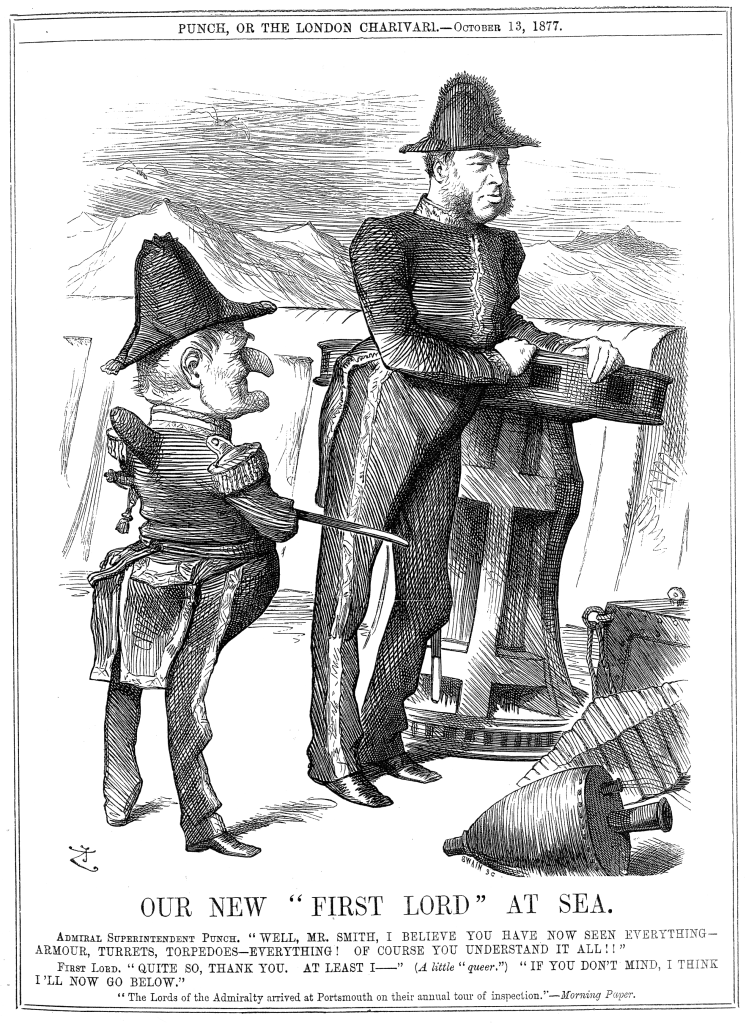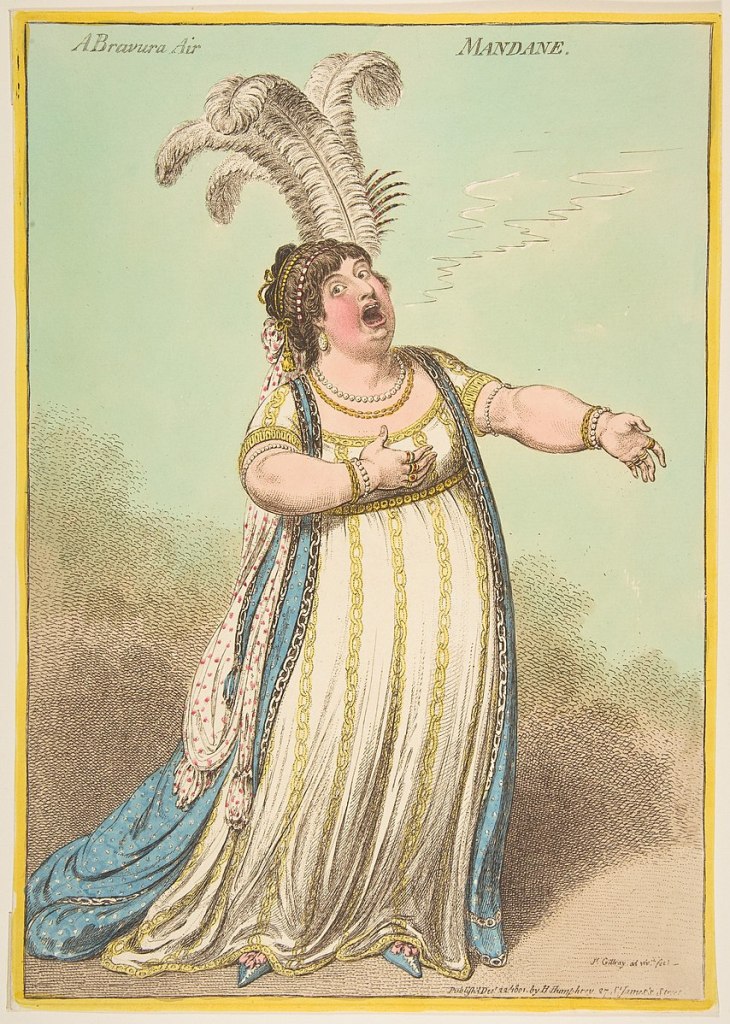
This is the first installment in our “Days of Wine and Music” series. Over the next few weeks, we are going to delve into areas that at first may seem a little atypical when compared with our usual output, but it will eventually become clear where we are taking this.
We like opera here at drinkingjapan.org, well, maybe not in some of its 20th- and 21st-century manifestations. But pre-20th-century operas are just fine with us, be they Italian, German, or British, and Puccini’s are as delightful as porcini. It was, after all, Puccini who composed La Boheme, which is essentially a story about la dolce vita, albeit the hard way, and if there is anything we value here at drinkingjapan.org, it is quality over quantity, natural over fake, and dolce over ascetic and acerbic (except, of course, when it comes to wit and criticism). We veto the Velveeta, scuttle the Skittles, and poopoo the Pop Tarts here. The rich cultural heritage that is wine’s complements that of opera, which is why one does not encounter cola quaffers at opera intermissions.

We will start off by musing about this musical genre that has bequeath humanity the sublime “Queen of the Night” aria ( “Der Holle Rache Kocht in Meinem”) from The Magic Flute, those unflagging warrior maidens who take their electrifying ride in the aptly named “Ride of the Valkyries,” that uncannily candid captain of the H.M.S. Pinafore who relates the secret of his success—“I thought so little, they rewarded me by making me the Ruler of the Queen’s Navee!” (look around you, boys and girls, we’re not just talking about the 19th century here)—and the nearly criminally irritating Lulu (1935), also aptly named, by the way.

It has also enriched the English language with the oft-used “It’s not over until the fat lady sings.” This is a colorful expression, indeed, but in some cases—unrelenting inflation and politicians’ palaver, for instance—she never does, and it has been the source for such coinages as the well-known “soap opera,” as well as the more obscure “horse opera,” (a.k.a., “oat opera”), and “space opera.” And, of course, if we didn’t have opera, we would never have had A Night at the Opera (1935) and deliberations over the “Sanity Clause.” And we all know that there ain’t no Santy Claus!


*Fotoreproductie van een schilderij van scene uit de opera Götterdämmerung – 1896 – Rijksmuseum, Netherlands – Public Domain.